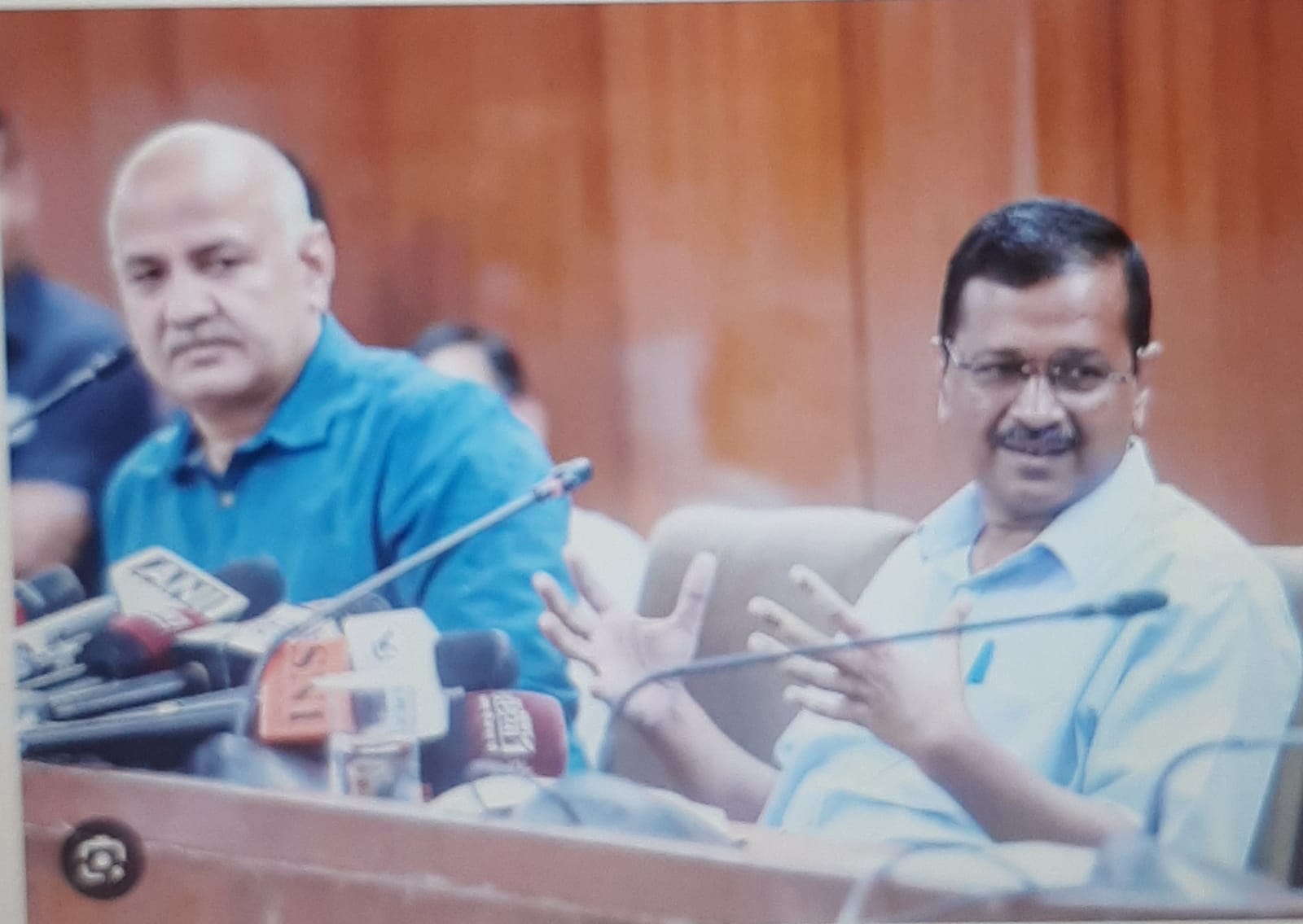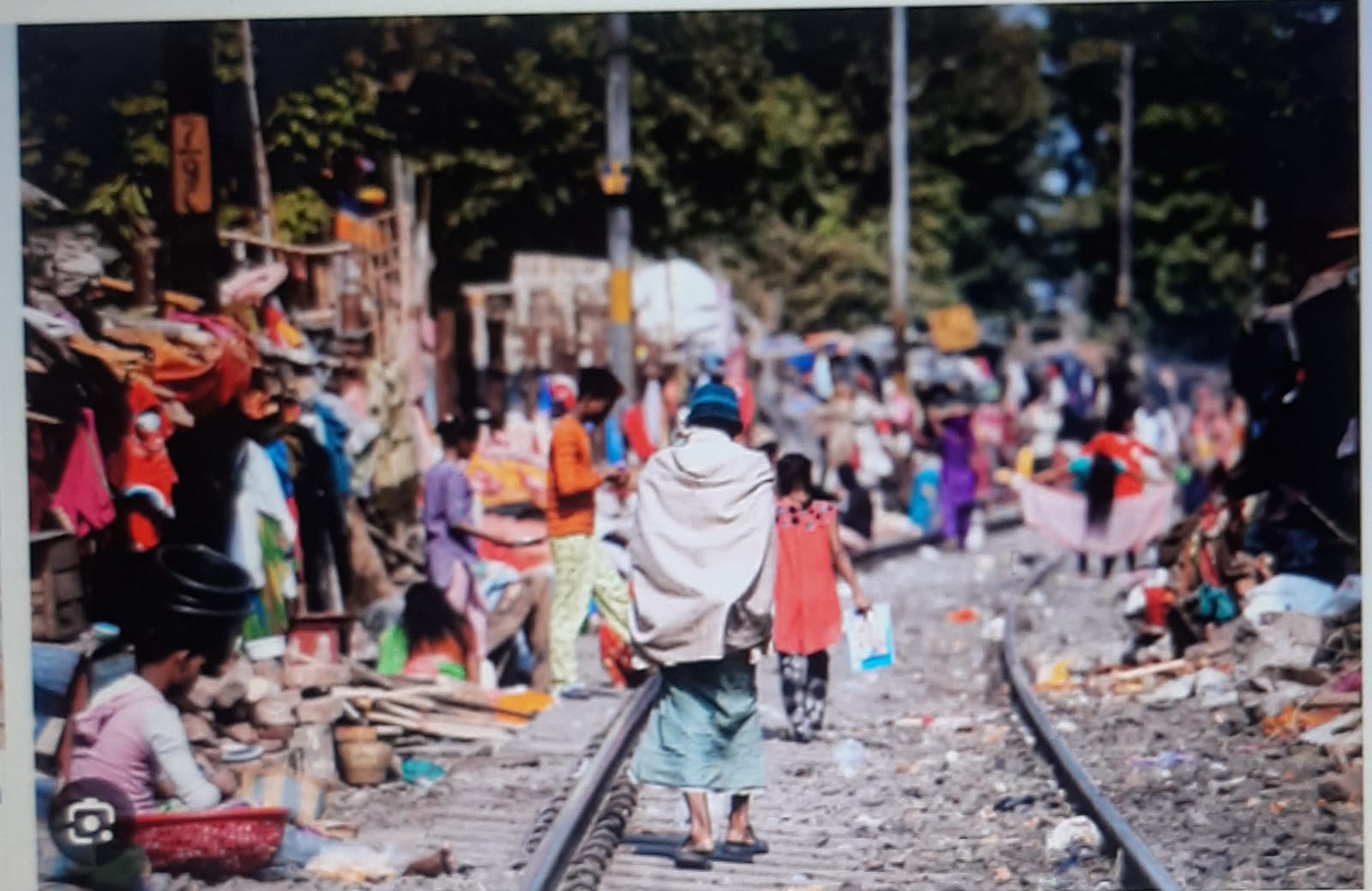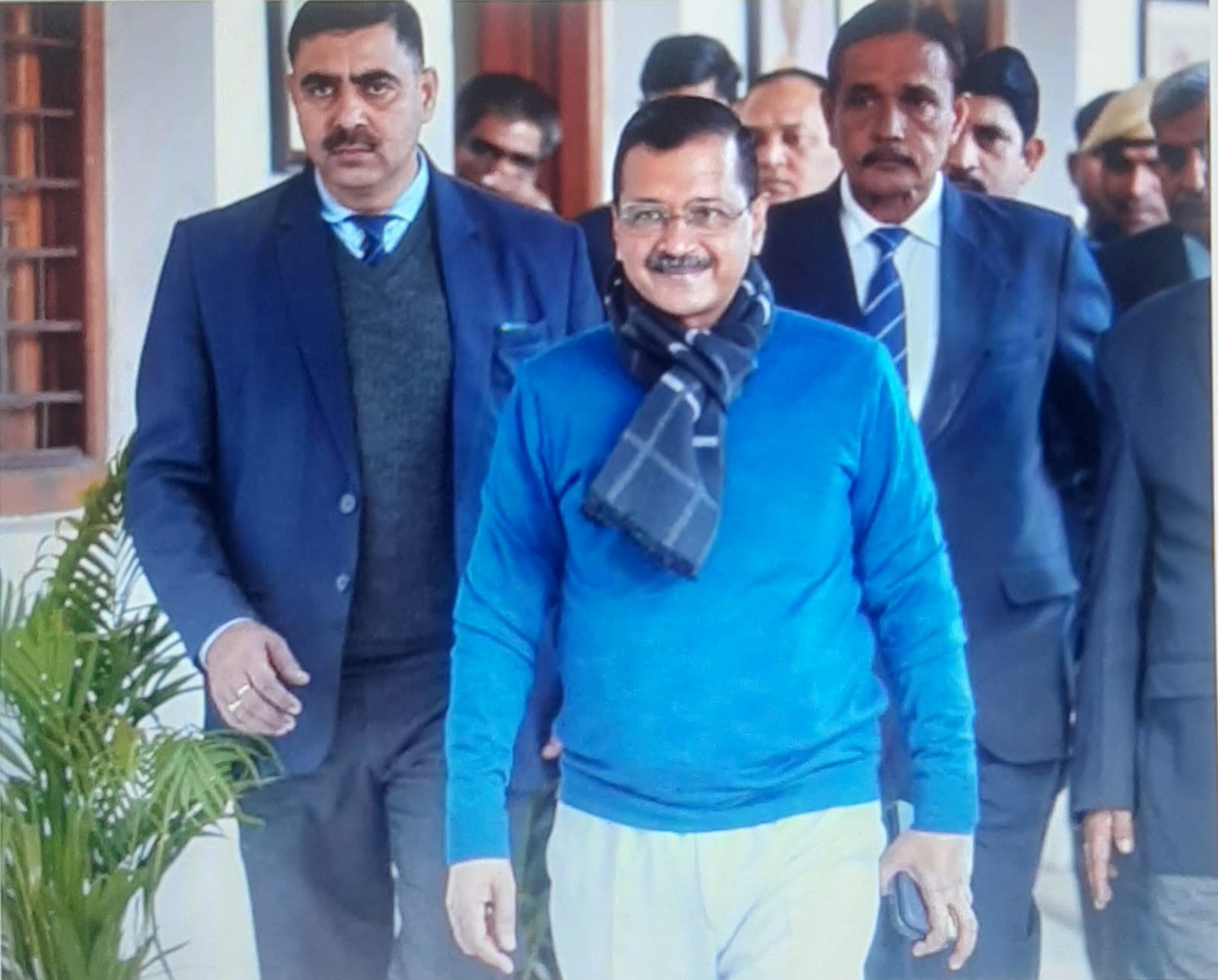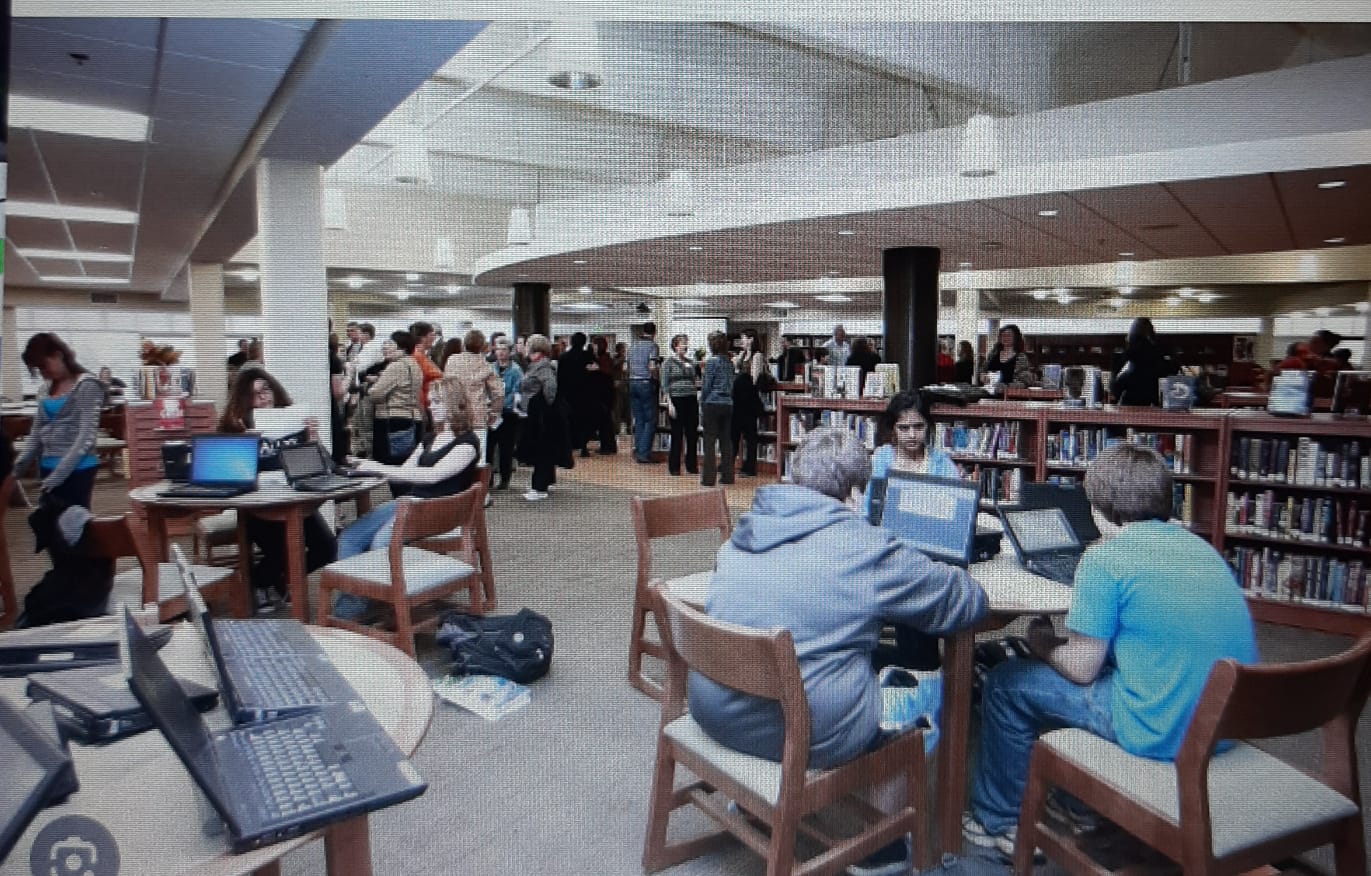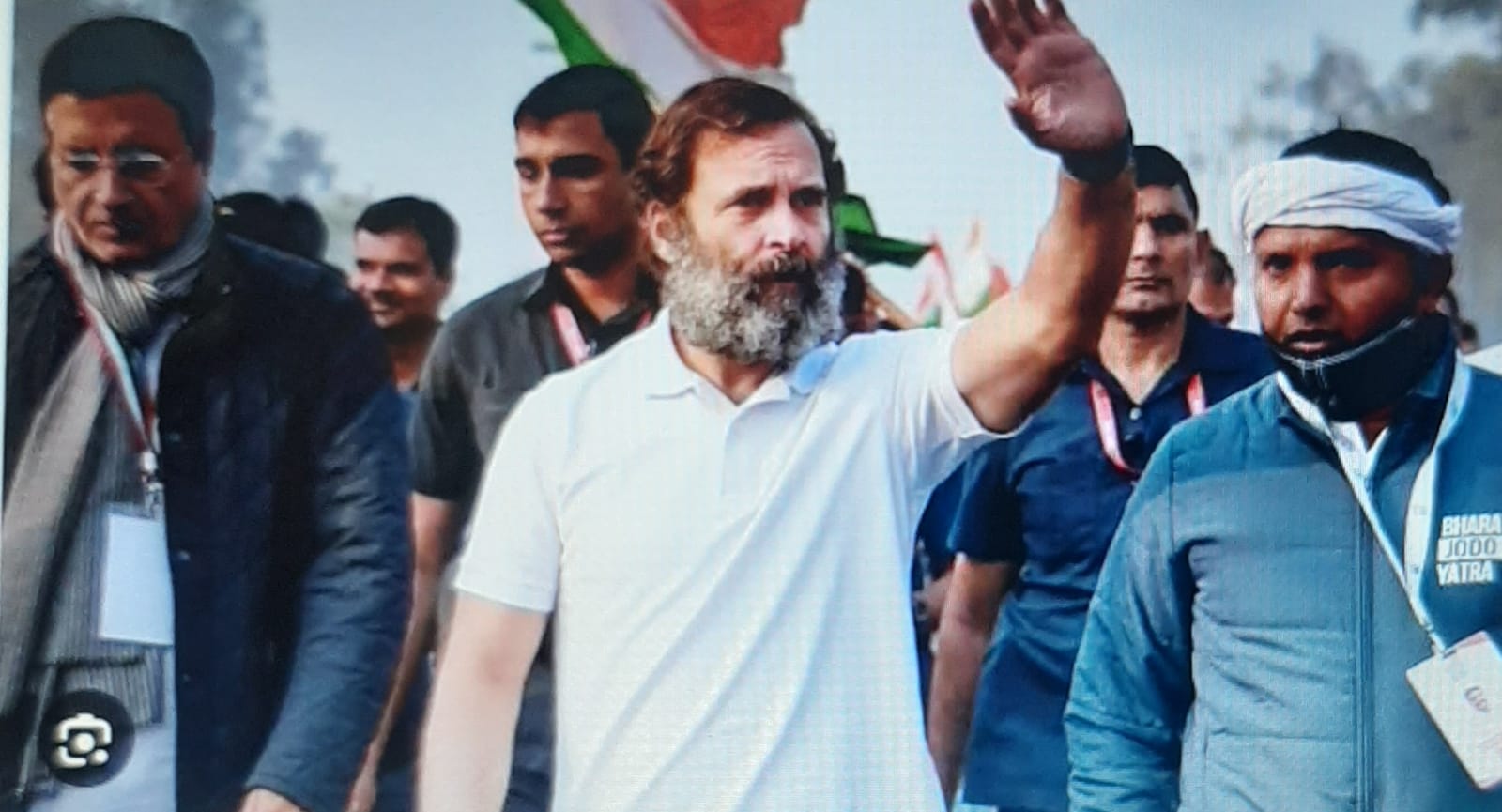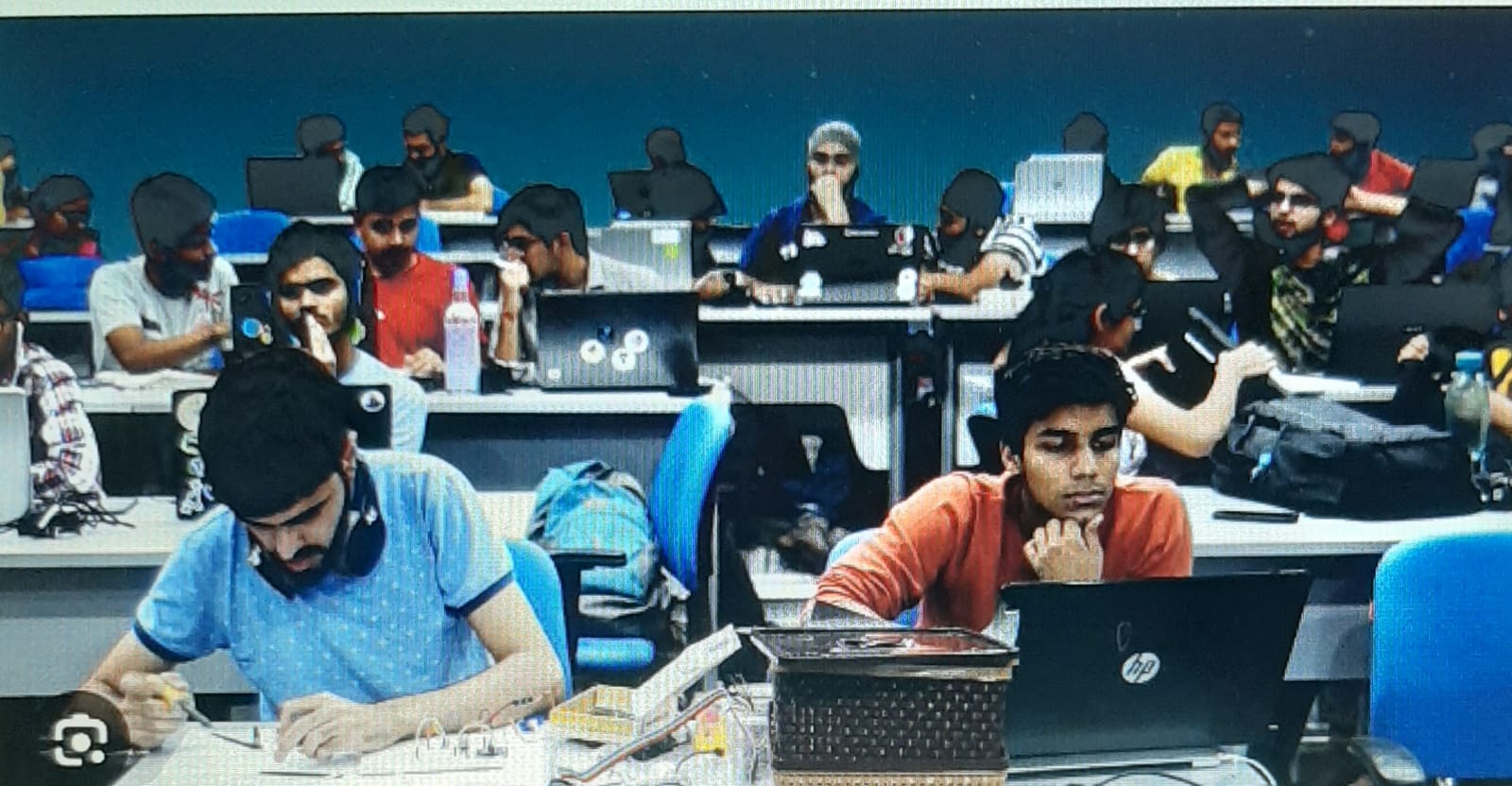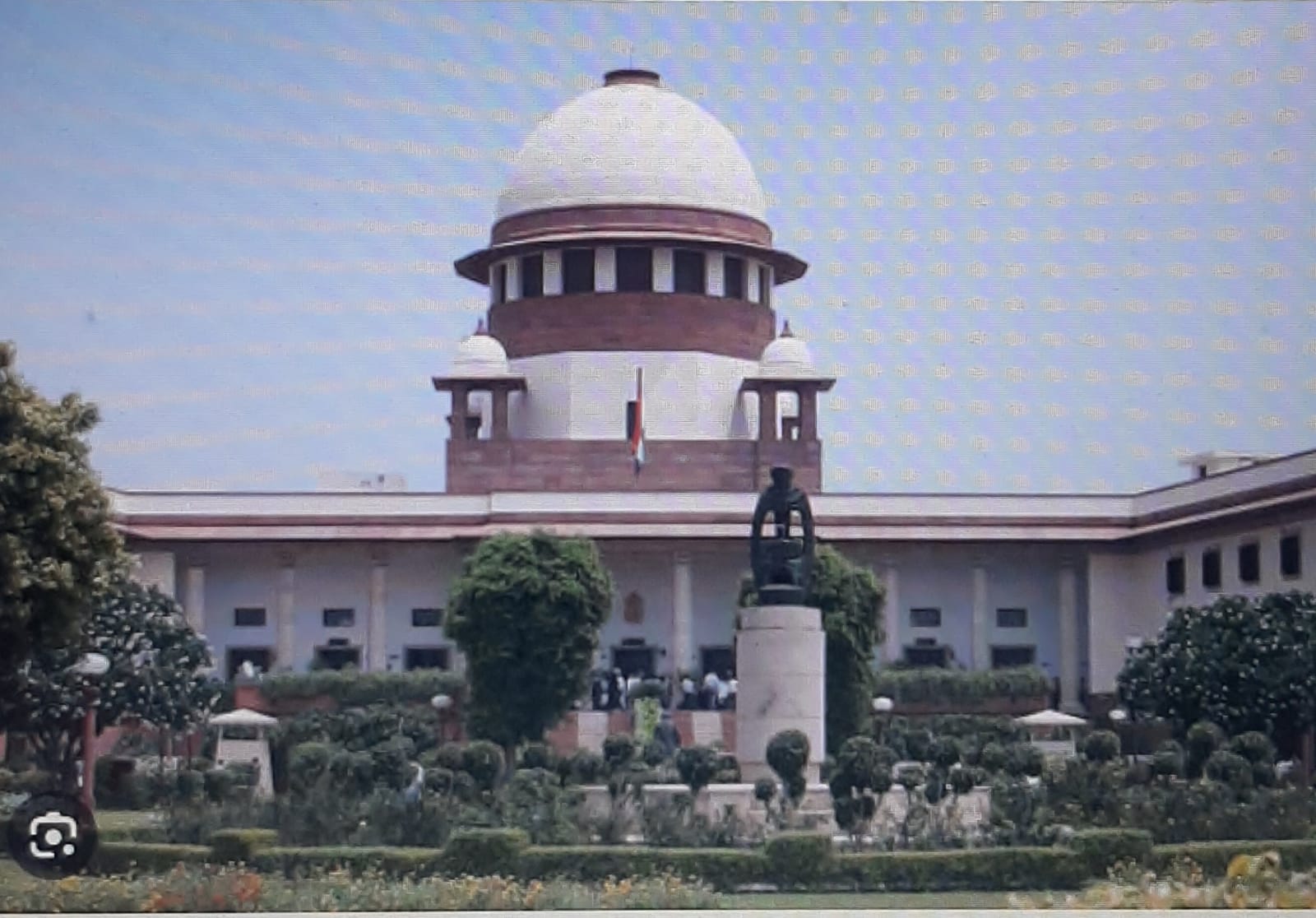
The elected have been changed from time to time but it seems to have made little difference. The reason is not hard to seek. From time to time Ali Babas have been elected, thrown out, and, elected again, but the forty thieves have remained the same.
Dr HC Pande
Currently the Covid19 is creating a havoc, and, every one and his brother, is out , hammer and tongs, blasting the government and holding it responsible for the situation. True, the situation is indeed serious and the increasingly loud public outcry is the natural outcome. However, be it floods or droughts or train accidents or hospital fires or law & order situations, the punching-bag is always the government. Now in a democracy who is responsible for what is going on? Is it the elected or the selected , or the electors and the selectors? The answer is all of them, the whole bunch. The politician only leads the pack and can, by himself only guide or misguide but the work ,constructive or destructive, is carried out by the pack. The elected have been changed from time to time but it seems to have made little difference. Yes, the change, at times, is perceptible but nowhere near of the magnitude required to address the needs of this country. The reason is not hard to seek .From time to time Ali Babas have been elected, thrown out, and, elected again, but the forty thieves have remained the same.
The basic building block of a country is the citizen.His strength ,physical,intellectual and moral,primarily,determines the stature of the country and,ideology,methodology,technology, and,whatever,is secondary.An architect can design a building of any shape or size,the workmen can build it,the Overseer can ensure that it is as per the design,but,if the bricks are half-baked,the building is likely to collapse during the construction itself.If,per chance,the building is completed,it would collapse at the first sneeze inside,or,at the first whiff of wind,outside. India’s problem is precisely this.
The ancient civilizations along the Tigris-Euphrates,Nile,Indus and Huang-He,rivers have had a checkered history.Having become the developed regions they were the prime choice of invaders.The attacks by the Mongols on China resulted in the Great Wall,regularly policed,toning down the invasions and assuring periods of relative calm.The great Himalayan range,however,could not do so for India,as the natural wall had cracks in it,and,no one bothered to keep a watch on the mountain passes,their being too high and too remote.The country was invaded,time after time,was plundere but was on its feet again. The frequent attacks resulted in cycles of distress and development,of poverty and prosperity,of tension and tranquility,of confusion and clarity.
It is well known in mechanics that cyclic stresses cause metal fatigue and that any component so stressed loses strength. The same is the case with nations.Cyclic stresses have made India a nation of sub-consciously fatigued individuals,unwilling to tackle the massive challenges of the development of a wounded civilization.
The standard procedure,for enabling a fatigued part,or,a half-baked brick ,to develop its strength, is heat treatment.In this process the material is heated for a certain duration,in a programmed manner under controlled conditions,so that it develops near designed strength. So also,for a fatigued nation.
A nation,to regenerate itself,has to undergo,prolonged heat treatment,which,in this context means hard labour by its citizens,physical and,emotional,under strict discipline for a few decades.There is no alternative and the cost of development has to be paid in sweat and tears.
For a country carrying the burden of centuries of dated knowledge beliefs,customs traditions and underdevelopment ,to enforce discipline in a democratic framework,is quite a job and the heat treatment’ is not easy to carry out,and,to quote,”….ay,there’s is the rub!”The issue is not how to catch Ali Baba but rather how to sentence the forty thieves to hard labour. (The views expressed by writer is personal)
(Dr H C Pande is Vice Chancellor Emeritus, BITS, Mesra)


